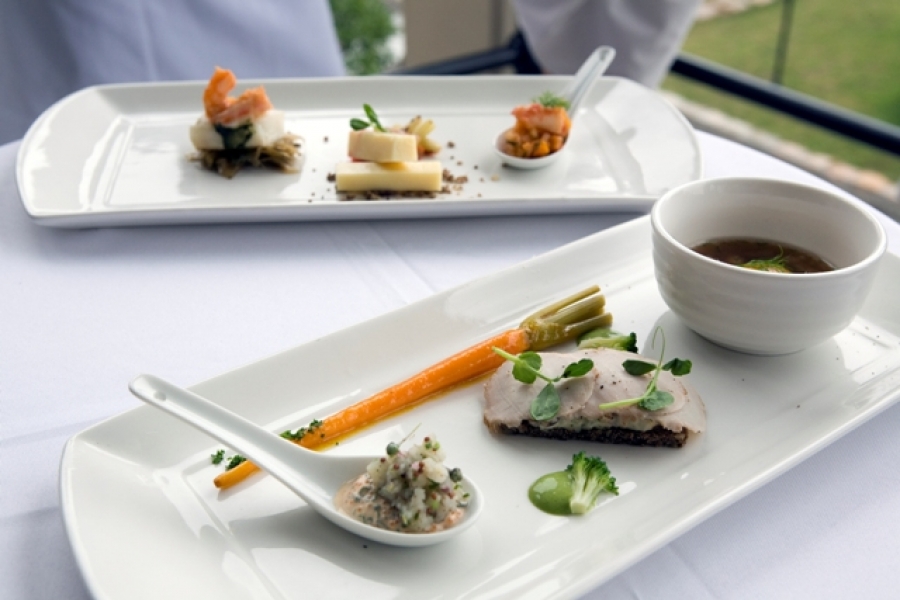Talking about the 'New Nordic Food' programme of the Nordic Council of Ministers, Gröntoft said that food from the region is often promoted using the unique characteristics of the natural environment in Northern Europe, which affects both food and food culture and thereby makes Nordic cuisine both interesting and attractive to people from other parts of the world. The foundations of the programme were laid by chefs, who drew up a manifesto of values describing Nordic cuisine, and they were soon joined by other representatives of the food sector. Clear, concise messages are of great importance in the programme – naturalness, simplicity and freshness.
Involving young people and new businesses
Both of the Nordic experts shared their practical advice – based on positive and negative experiences alike – on what to take into account and who to involve when drafting a food programme.
For example, the Nordic food programme had to alter its initial course so as to better achieve its goals, involving different groups from the food field. While they initially focussed on activities that marketed the Nordics to the cream of the culinary crop (chefs, fine dining establishments, food designers and the like) as a region of high gastronomic value, they started to involve other parties in the food field within a couple of years – producers, growers, health promoters, school caterers and more.
The experts from the 'New Nordic Food' programme recommended getting more young people and new businesses in the field involved, as they have an innovative view of the world and are full of ideas which will undoubtedly be of use in terms of development.
Exports up 34% and 10,000 new jobs
At first the Swedish food programme came in for criticism. In 2008 it set itself the goal of making Sweden the best culinary nation in Europe by 2020. However, people doubted whether the planned investments would pay off when the programme was implemented. Responding to the criticism, the team behind the programme involved a wider variety of people from the food field in order to achieve their goals. The facts and figures today speak for themselves: exports in the Swedish food sector have risen by 34%, around 10,000 new jobs have been created and tourists are spending 30% more on food. Moreover, almost 80% of Swedes feel that the quality of local food has increased greatly in recent years, and it is valued very highly.
Discussions held during the round table led to the conclusion that there are a lot of similarities between Estonia and the Nordic countries, both culturally and in terms of the natural environment, and that Estonia can take its lead from the Nordic experience in promoting its food and food culture. The attendees also expressed their hope that Estonia and the Nordic countries could work together.
The potential for Estonia to join the 'New Nordic Food' programme (in the event that the decision is made to continue with it in the next period) was also discussed at the round table.
Attending the event as a representative of the Nordic Council of Ministers' Office in Estonia was Grete Kodi.

